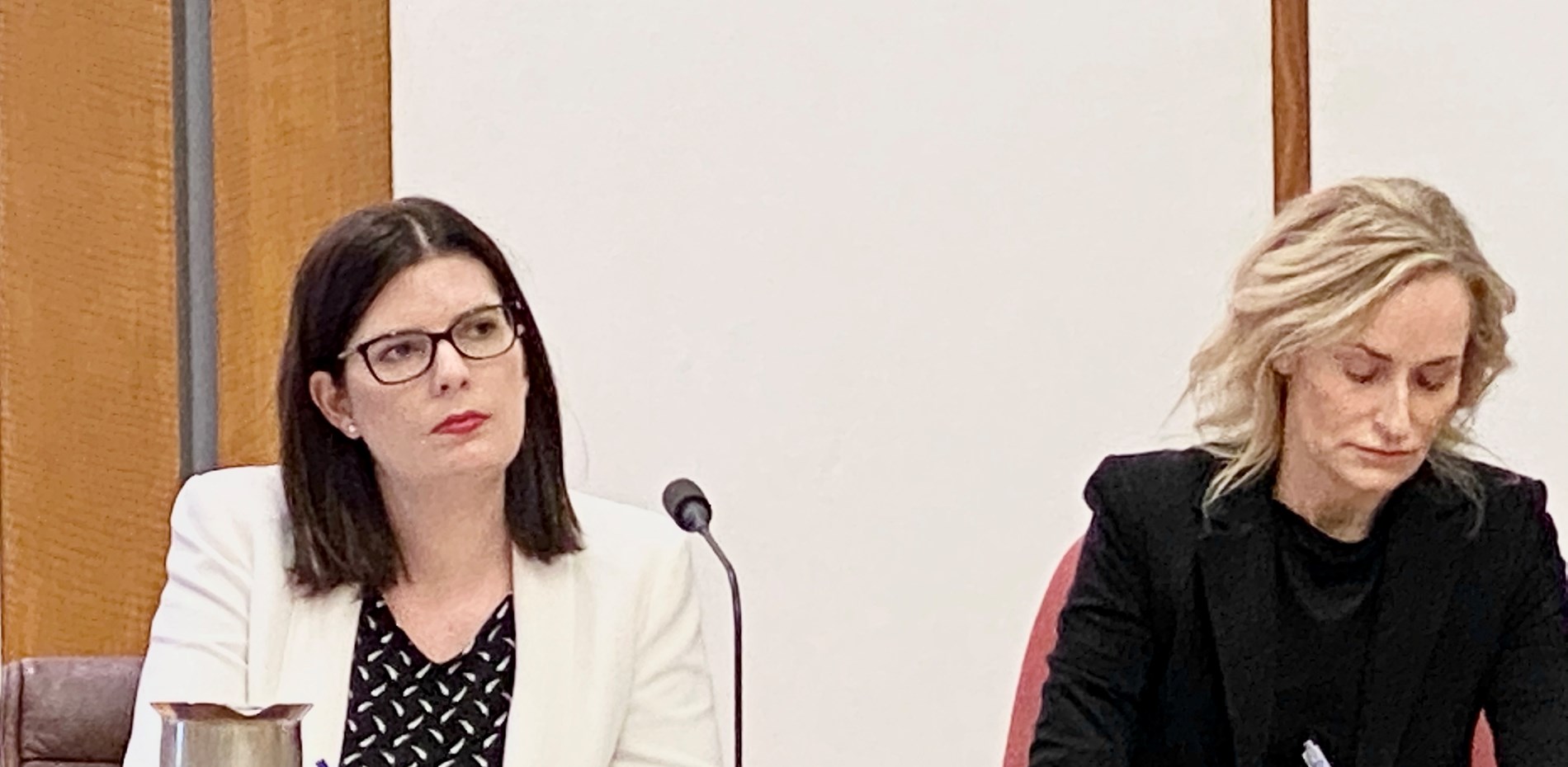Talking about women’s health issues can be one of the most frustrating and invalidating experiences of a woman’s life. When you look at the healthcare system, you don’t have to dig very deep to find instances where women’s voices have been ignored, and particularly where their pain or health experiences have been dismissed.
Menopause and perimenopause are another case in point. Time after time, I hear from women that they simply aren’t being heard, and their concerns just aren’t being taken seriously enough. And while menopause and perimenopause of course don’t impact every woman in the same way, for too many women, they can have a really big impact on their lives, work, relationships, and study.
The 2023 National Women’s Health Survey found that of women aged 45-64 who had been bothered by menopause or menopausal symptoms in the past 5 years, 27 per cent of them had taken an extended break from work, study or exercise.
Those extended breaks have a huge economic and social impact. Menopause could currently be costing Australian women a collective $15.2 billion in foregone income and super for every year of early retirement, according to the Australian Institute of Superannuation Trustees.
This amounts to an economic loss of $112.2 billion over an average 7.4 years of missed earning opportunity. Menopause is creating yawning chasms in the economy, workplace inclusion, and the gender pay gap. And this is only the financial impact – we haven’t even touched on the physical, mental, social and wellbeing impacts for women.
We need a public conversation about menopause so that governments, employers and other institutions can advance the right policy responses that women need. Health, economic, and social policies that will benefit not just women, but our entire Australian community.
That’s why I’ve been passionate in my efforts to co-sponsor the Senate’s inquiry into menopause and perimenopause. It’s time to bring the reality of women’s health into the spotlight in a way where women’s voices and experiences can no longer be ignored.
The Senate Community Affairs References Committee will spend the next 9 months delving into the issues related to menopause and perimenopause. It’s my hope that this inquiry will help shine a light on these issues, spark a louder public conversation, and lead to meaningful policy responses that will make a real difference – in women’s lives, and in their health outcomes.
More specifically, the Senate inquiry will consider:
- The economic consequences of menopause and perimenopause, including workforce participation, productivity, and retirement planning;
- Physical health impacts, including symptoms, associated medical conditions, and access to healthcare services;
- The mental and emotional wellbeing of individuals experiencing menopause and perimenopause, considering issues like mental health, self-esteem, and social support;
- The impacts on caregiving responsibilities, family dynamics, and relationships;
- Cultural and societal factors influencing perceptions and attitudes towards menopause and perimenopause, including within culturally and linguistically diverse communities and women’s business in First Nations communities;
- Levels of awareness amongst medical professionals and patients of symptoms and treatments, including affordability and availability;
- The level of awareness amongst employers and workers of the symptoms, and the awareness, availability, and usage of workplace supports;
- Existing Commonwealth, state and territory government policies, programs, and healthcare initiatives addressing menopause and perimenopause; and,
- How other jurisdictions support individuals experiencing menopause and perimenopause from a health and workplace policy perspective.
It’s well past time to change the narrative. To end the stigma and discrimination that can keep this issue in the dark. It’s time to validate the experiences of women in speaking up about our unique health needs.
The only way we can understand the reality of menopause and perimenopause in Australia, is to hear about the many different experiences of Australian women.
This inquiry will hear from doctors, academics, researchers, and advocates. But we need to hear hundreds of stories about the hundreds of ways menopause and perimenopause have impacted women’s lives, health, careers, wellbeing, families.
If we don’t talk about things, we can’t expect them to change. Raise your voices, ladies.
It’s time to spark the conversations that will spark change.
It’s time for women to be heard in a way that matters.
It’s time for women to share their stories. I encourage you to share yours.
Submissions to the Senate Community Affairs References Committee inquiry, Issues related to menopause and perimenopause, are sought by 16 February 2024.
Individuals and organisations are encouraged to share their opinions and proposals in writing by addressing responses to the inquiry’s terms of reference. Submissions can be uploaded at:
https://www.aph.gov.au/Parliamentary_Business/Committees/Senate/Community_Affairs/Menopause
Marielle Smith is a Labor Senator for South Australia and Deputy Chair of the Senate Community Affairs References Committee. She is a strong advocate for women’s health, particularly in regional areas.
This opinion piece was first published in Women's Agenda on Wednesday 31 January 2024



